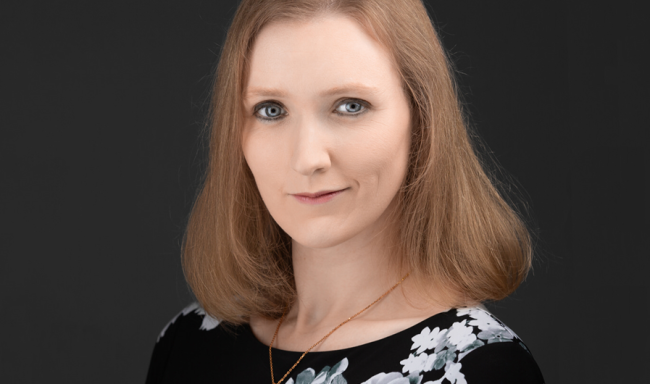For Huntington's disease awareness month we spoke to members of the community about how Huntington's disease has impacted their mental health.
When did you first know that Huntington’s disease affected your family?
"I have known for as long as I can remember, my dad was always honest with all three of his children. We always knew that his father carried the gene and that there was always a 50/50 chance my dad, aunty and uncle could have it. My uncle tested for it first and was diagnosed, which prompted my dad and aunty to get tested. My aunty didn’t have the gene but my dad was diagnosed in 2016. There was a lot going on at that time and so my dad didn’t actually tell us until a year later."
How did Huntington’s affect your dad’s mental health?
"My dad has good days and bad days. Lately there are more bad days than good but he has opened up about how he is struggling and with the support from Huntington’s clinic nurses and doctors along with family the bad days are more bearable. The biggest thing my dad battled with mentally is the feeling he is a burden on the ones he loves and no matter how much everyone tried to reassure him he isn’t he just couldn’t overcome that feeling. He stopped communicating his needs to us which led to a further decline in his mental state - but with Cath and Eileen’s [clinic nurses] help we have been given information on services available to us to help my dad feel more comfortable asking for the help that he needs. My dad has also told me he misses the old him, the days when he was able to take us down the football pitch and slide tackle us, he misses being able to just jump out of bed, make himself a coffee and get on with his day. It’s made me appreciate the small things in life a bit more, even being able to peg washing on the line is something I hate doing but I’m thankful that I can."
After finding out your dad had Huntington's, how has it impacted your mental health and that of the rest of your family?
"When I first found out, it was devastating. My dad is my mentor in life, he practically taught me everything I know. He coached me in football, taught me how to climb a tree and even sat with me consoling me at the kitchen table after failed attempts at maths homework. My dad is my absolute hero and he was always the one I would go to for help and advice. When he was diagnosed with Huntington’s it was a sort of panic that I didn’t know who to turn to or what the next steps were. I literally got to a point where I made myself ill trying to figure things out for my dad. It was very much trial and a LOT of error and that made me feel like a failure. If it wasn’t for Cath and Eileen from the Huntington’s clinic I don’t know what state I would have ended up in."
Is there anything that you have done personally that has helped you overcome these struggles?
"Yes, I have reached out to people for help. I used to take on too much and give myself unrealistic deadlines but now if it is something that can be allocated to someone else I will allow someone to step in and I’ve also had to allow myself more time. If I do feel overwhelmed I have learned to take a step back and remind myself “This too shall pass” that saying has got me through a lot, it reminds me that the feeling I get like someone has placed a brick on my chest is not permanent."
Do you feel as though there is a lack of mental health services for those affected by Huntington's and other rare diseases?
"Personally, in my particular area, I do not feel that there is a lack of services as such but I struggled to find the services. I feel they need to be more accessible as there are services I didn’t even know existed until I was advised by the Huntington’s disease nurses and social worker. We have been very fortunate with our Huntington’s clinic although I know not everyone has such an easy time accessing one."
What would you like to see in regards to mental health support for those affected by mental health and their families?
"I would like to see more social workers, they do an amazing job and but there is such a shortage and so many people who need them. The nurses and doctors at our Huntington’s clinic are phenomenal but there are aspects of support through councils and other charities that are accessible to social workers."
Thank you to Demi for sharing her story with us.
If you need advice or support you can contact one of our Specialist Huntington's Disease Advisers by calling 0151 331 5444 or emailing info@hda.org.uk.



